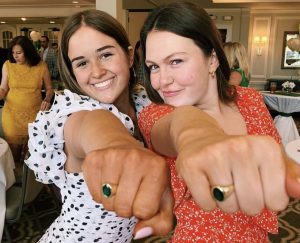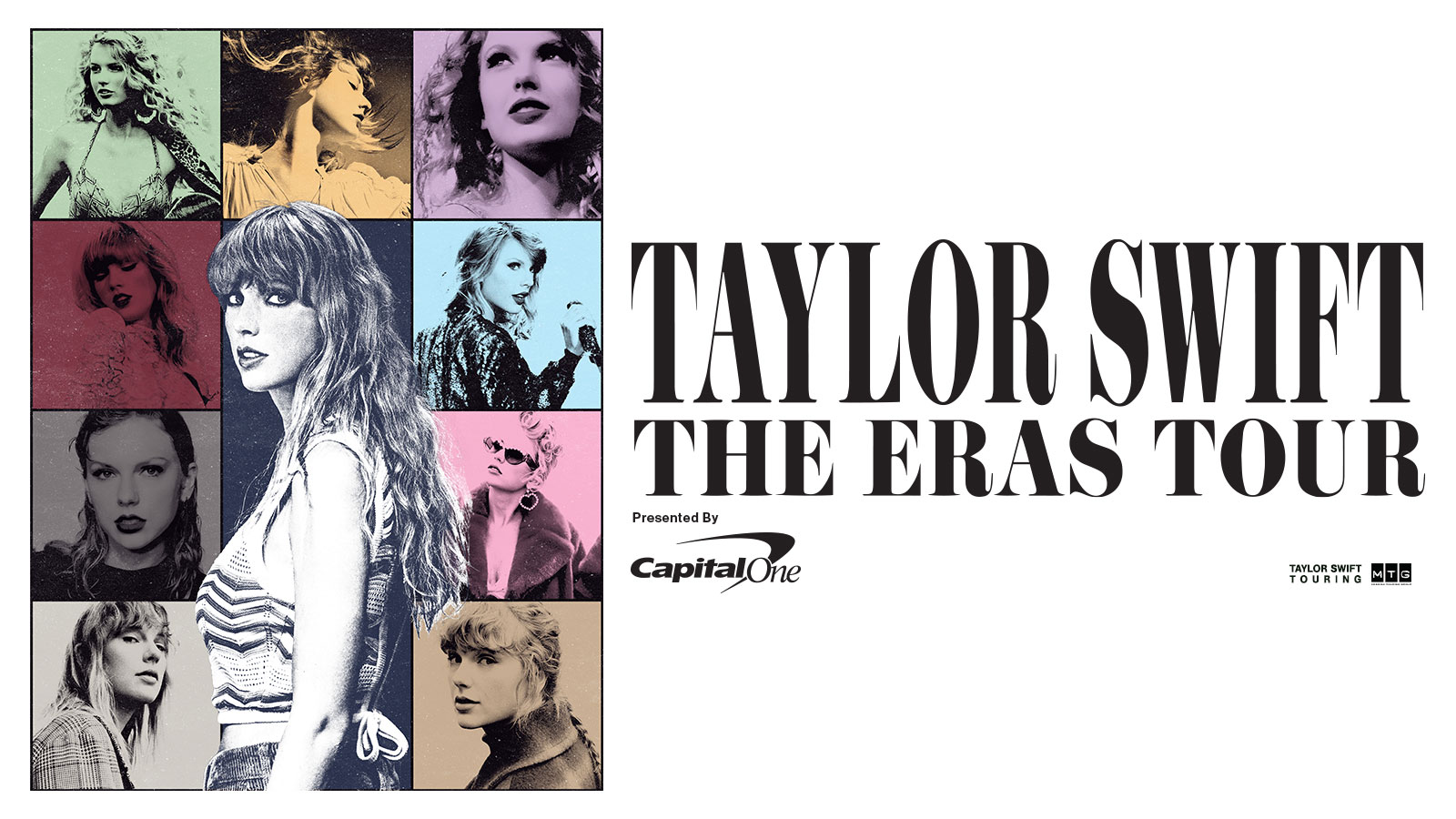Opinion: Why I March
February 27, 2019
The following is an editorial by a student. She is expressing her opinion, and not necessarily that of The Voice nor St. Joseph’s Academy.
Is anyone else ever struck by the pure beauty and strength that women hold? I know I am. The first Women’s March was on January 21, 2017, after many women felt their rights were unprotected. Since then, the Women’s March has become a platform for millions of women across the country and across the world to demand equality. The movement strives for equality for all people regardless of gender, political ideology, race, class, religion, or sexuality. I have been to all three marches and I know with absolute certainty that I am not alone in saying that I have cried at every single Women’s March.
Every year when I march, I am brought to tears by the thousands of mothers, friends, daughters, and siblings that all come together to support each other and support women in St. Louis. Across the country, millions of women from all walks of life come together to lift each other up and to show the world that women are a force to be reckoned with. That when we demand equality, we will demand it for everyone. We will demand dignity for the LGBTQ community, poor women, people of color, and for people of every single faith. It is so incredibly powerful, and I am so jealous of the little girls who will be raised seeing thousands of women come together every year, and I am so proud of the women they will become. They will be able to look back at this movement and see how much women fought for them to be able to live a better life than they did. They will be able to look back at the millions of women who marched the way we can look back at the suffragettes. This is not a new movement; this is simply the newest chapter in a centuries-long battle for gender equality.
Each year, I have watched the Women’s March grow and work to become more inclusive. More and more of my friends have shown up and stood with me and the thousands of other women to fight for our rights. Each year, the March addresses its own issues, such as trans exclusion and the way that the Women’s March often does not include the voices of women of color. Every year, the speakers address new and old issues that challenge a woman’s right to equality in America, and each year I am inspired to continue fighting for what I believe in. Each year, I learn more about what it means to call myself a feminist and how am I supposed to carry it into my day to day life. Each year, I am inspired by Moms Demand Action and the countless other organizations that work to fight for women. However, in all of this talk about our rights and what we’re fighting for, I want to clarify something.
Oftentimes, I hear the question posed: what are we really marching for? To that, I have another question, how many of us were catcalled before we entered high school? How many of us have felt terrible about our bodies because they do not fit what society tells us we should look like? How many of us have felt like our parents treat our brothers differently? How many of us have ever realized boys in a room were not listening to us as leaders? How many of us want to be paid equally? How many of us want to marry whomever we want? How many of us want to feel safe walking to our cars at night?
I march so that every single person can feel safe walking down the street, so they can love their body, and so they can be treated equally. I march as a way to live out our motto of “Not I, but We.” I march so that my kids can play with Barbie and Legos and never be made fun of for their choices, regardless of gender. I march so that those in power know that women can no longer be ignored and pushed to the side. In practice, this means healthcare that does not treat being female as a pre-existing condition. This means courts that treat victim’s accounts of sexual assault as more than just a cry for attention. This means not slut-shaming women for what they wear. This means supporting programs that help bring women and children out of poverty. This means laws that mandate equal pay for equal work.
This is why I marched my first year, this is why I marched this year, and this is why I will march every year until we reach gender equality, or I will march until I can not move. And this is why I wake up early on a Saturday morning to do it, which is really the hardest part of all.
The Voice welcomes all viewpoints. Feel free to write an editorial or letter to the editor to be reviewed by Editorial Board for appropriateness. Contact: [email protected]












